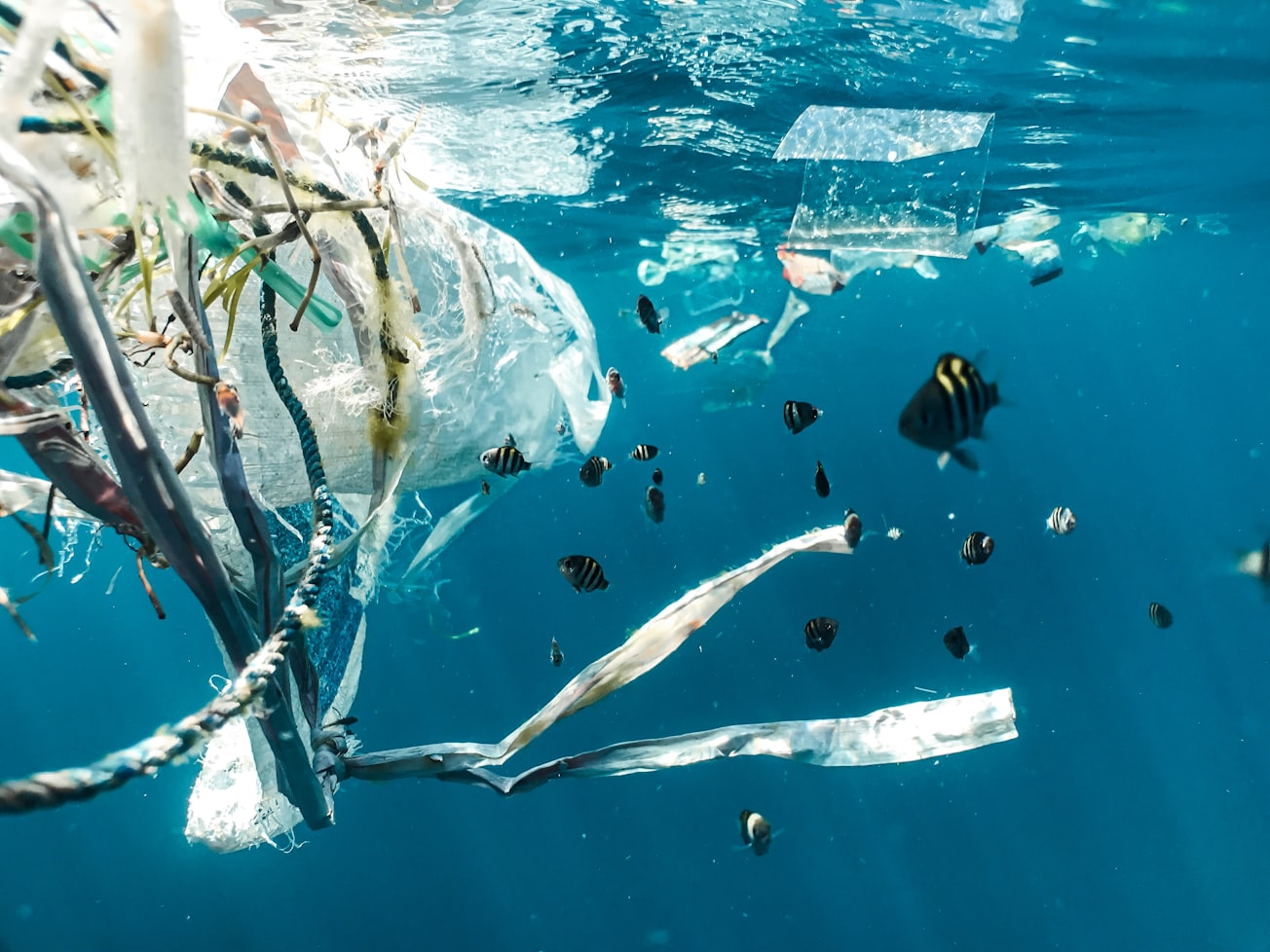What is it about?
Microplastic debris is a globally ubiquitous pollutant with diverse consequences for fishes, including severe negative impacts. In this paper, we report evidence for the detrimental, albeit variable, impacts of microplastics on global fishes, revealing their consumption influenced, feeding behavior altered, digestion and assimilation obstructed, growth affected, reproductive performances restricted and immunity compromised.
Featured Image

Photo by Naja Bertolt Jensen on Unsplash
Why is it important?
The present study's findings are highly significant for most of the countries of the world, given that millions of people regularly consume fish, and the world is producing increasing quantities of plastics. Global plastic production and usage has increased rapidly over the last seven decades, with production now totaling over 300 million metric tons annually. Substantial quantities continue to accumulate in wide-ranging environments such as agricultural fields, roadways, urban centers, freshwater lakes and streams, the open ocean, coral reefs, and Arctic sea ice.
Perspectives
I think, this is the high time, we start thinking about microplastics in fish and aquatic ecosystems of the world, before it's too late, to support the two-fold objectives of sustaining consumption of aquatic foods and safeguarding consumers from possible health risks posed by MPs.
Mostafa Hossain
Bangladesh Agricultural University
Read the Original
This page is a summary of: Global meta‐analysis reveals diverse effects of microplastics on freshwater and marine fishes, Fish and Fisheries, September 2022, Wiley,
DOI: 10.1111/faf.12701.
You can read the full text:
Contributors
The following have contributed to this page










